 Welcome
Welcome
“May all be happy, may all be healed, may all be at peace and may no one ever suffer."
Itchy skin (pruritus)
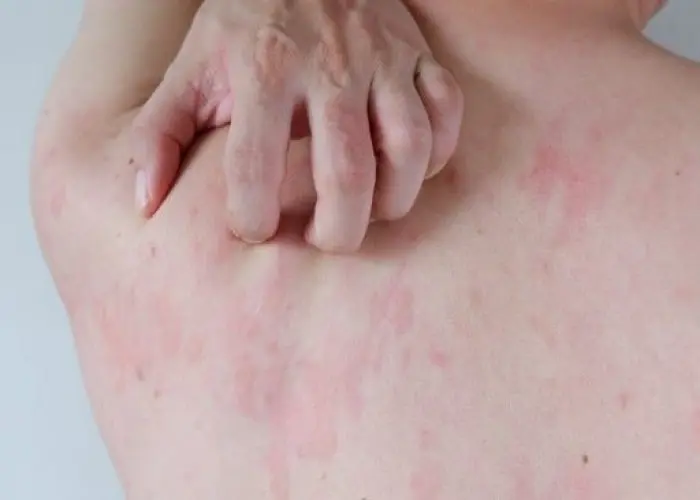
Itchy skin, also known as pruritus, is a common symptom that can occur for a variety of reasons. It can be caused by skin conditions, such as eczema, psoriasis, or hives, or by underlying medical conditions, such as liver or kidney disease, diabetes, or thyroid disorders. It can also be caused by medications, allergies, or exposure to irritants such as soaps or detergents.
The most common symptom of itchy skin is a strong desire to scratch the affected area, which can lead to further irritation and potentially cause skin damage. In some cases, itchy skin can be accompanied by redness, rash, or bumps.
Treatment of itchy skin depends on the underlying cause. For example, if the cause is a skin condition, treatment may involve the use of topical creams or ointments, such as corticosteroids, antihistamines, or moisturizers. If the cause is an underlying medical condition, treatment may involve addressing that condition, which may involve medications or lifestyle changes.
There are also several self-care measures that can help alleviate itchy skin, such as avoiding irritating substances, taking lukewarm baths with mild soap, wearing loose-fitting clothing, and using moisturizers to keep the skin hydrated.
In rare cases, itchy skin may be a sign of a more serious condition, such as an autoimmune disorder or cancer. If the itching is severe, accompanied by other symptoms, or persists despite self-care measures, it is important to seek medical attention to identify and treat the underlying cause.
Research Papers
Disease Signs and Symptoms
- Red skin
- Skin bumps
- Blisters
- Dry skin
- This is a relatively common, slow-growing, usually noncancerous (benign) tumor.
- Itching
Disease Causes
Itchy skin (pruritus)
Causes of itchy skin include:
- Skin conditions. Examples include dry skin (xerosis), eczema (dermatitis), psoriasis, scabies, parasites, burns, scars, insect bites and hives.
- Internal diseases. Itching on the whole body might be a symptom of an underlying illness, such as liver disease, kidney disease, anemia, diabetes, thyroid problems, multiple myeloma or lymphoma.
- Nerve disorders. Examples include multiple sclerosis, pinched nerves and shingles (herpes zoster).
- Psychiatric conditions. Examples include anxiety, obsessive-compulsive disorder and depression.
- Irritation and allergic reactions. Wool, chemicals, soaps and other substances can irritate the skin and cause rashes and itching. Sometimes the substance, such as poison ivy or cosmetics, causes an allergic reaction. Also, reactions to certain drugs, such as narcotic pain medications (opioids) can cause itchy skin.
Sometimes the cause of the itching can't be determined.
Disease Prevents
Disease Treatments
Itchy skin treatment focuses on removing the cause of the itch. If home remedies don't ease the itchy skin, your doctor may recommend prescription medications or other treatments. Controlling itchy skin symptoms can be challenging and may require long-term therapy. Options include:
- Corticosteroid creams and ointments. If your skin is itchy and red, your doctor may suggest applying a medicated cream or ointment to the affected areas. You might then cover the treated skin with damp cotton material. Moisture helps the skin absorb the medication and has a cooling effect.
- If you have severe itching or a chronic condition, your doctor might recommend this bedtime routine: Bathe in plain lukewarm water for 20 minutes, and then apply triamcinolone .025% to 0.1% ointment to the wet skin. This traps the moisture and helps the medication absorb. Then put on a pair of old pajamas. Repeat this routine at bedtime for several nights.
- Other creams and ointments. Other treatments that you apply to your skin include calcineurin inhibitors, such as tacrolimus (Protopic) and pimecrolimus (Elidel). Or you may find some relief with topical anesthetics, capsaicin or doxepin.
- Oral medications. Antidepressants called selective serotonin reuptake inhibitors, such as fluoxetine (Prozac) and sertraline (Zoloft), and tricyclic antidepressants, such as doxepin, may be helpful in easing some types of chronic itch. You may not feel the full benefit of some of these drugs for 8 to 12 weeks after starting treatment.
- Light therapy (phototherapy). Phototherapy involves exposing your skin to a specific type of light. This can be a good option for people who can't take oral drugs. You'll likely need multiple phototherapy sessions, until the itching is under control.
Disease Diagnoses
Disease Allopathic Generics
-
Pheniramine Maleate
Antihistamines should be taken to stop itching.
1 pill 3 times a day.
-
Gentian Violet
Genziamon violet medicine should be taken to stop the itching.
Apply externally on the affected area 2/3 times a day. In the initial stage, the whole body should be rubbed on the whole body while it is itching.
-
Neomycin Sulfate + Bacitracin Zinc
For allergic sores or rashes.
Apply twice a day.
Disease Ayurvedic Generics
Disease Homeopathic Generics
Disease yoga
Itchy skin (pruritus) and Learn More about Diseases
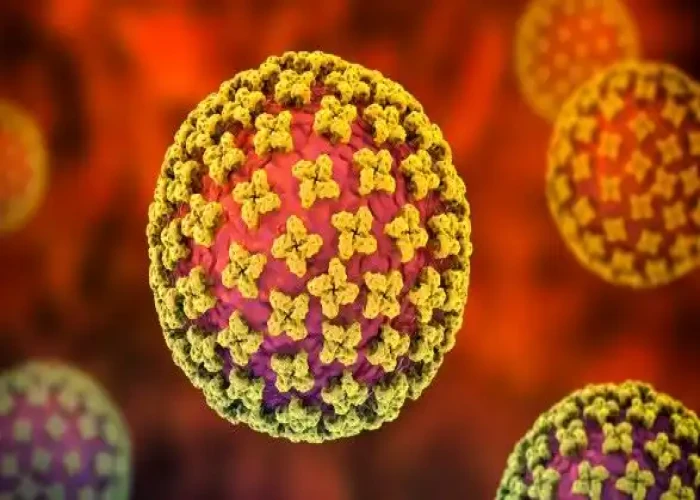
Viral hemorrhagic fevers
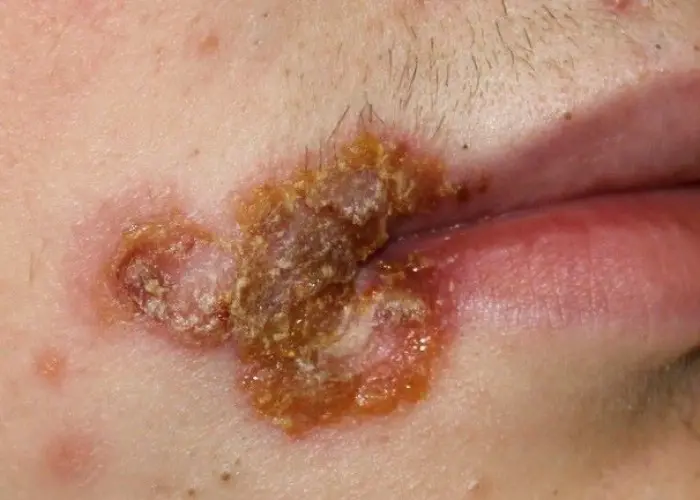
Impetigo
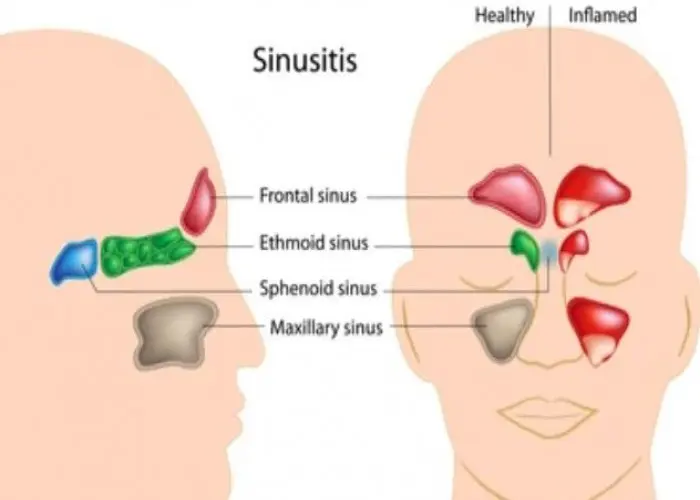
Chronic sinusitis

Dysentery

Worms
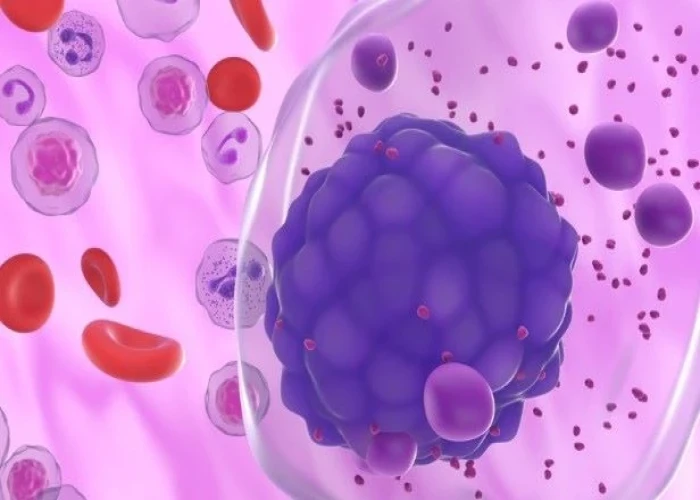
Multiple myeloma
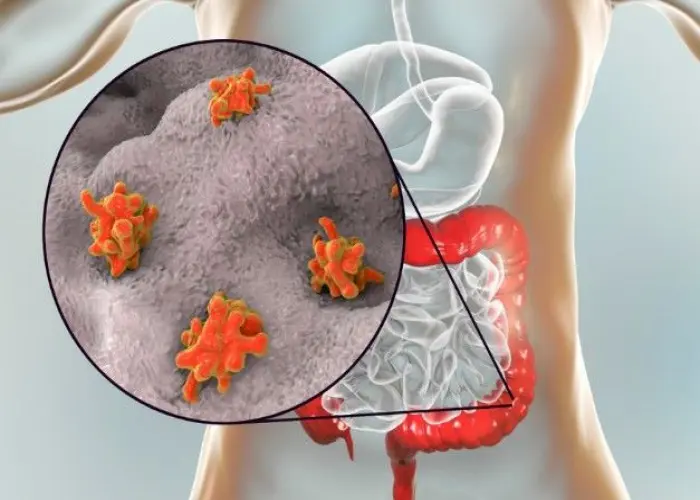
Amoebic Dysentry
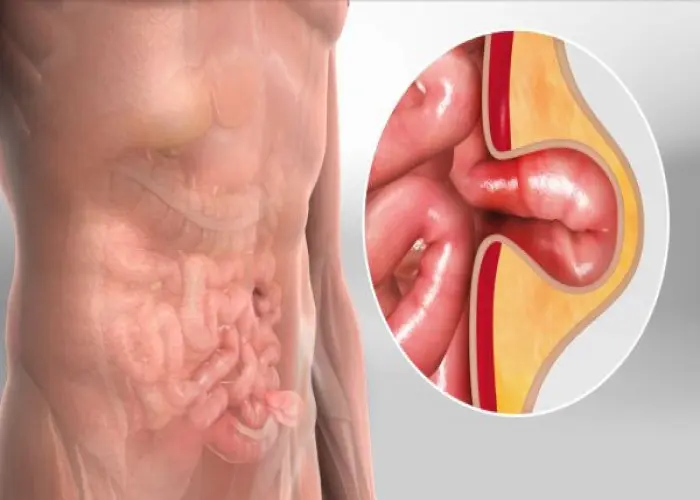
Hernia
itchy skin, pruritus, চুলকানি ত্বক, প্রুরিটাস
To be happy, beautiful, healthy, wealthy, hale and long-lived stay with DM3S.
